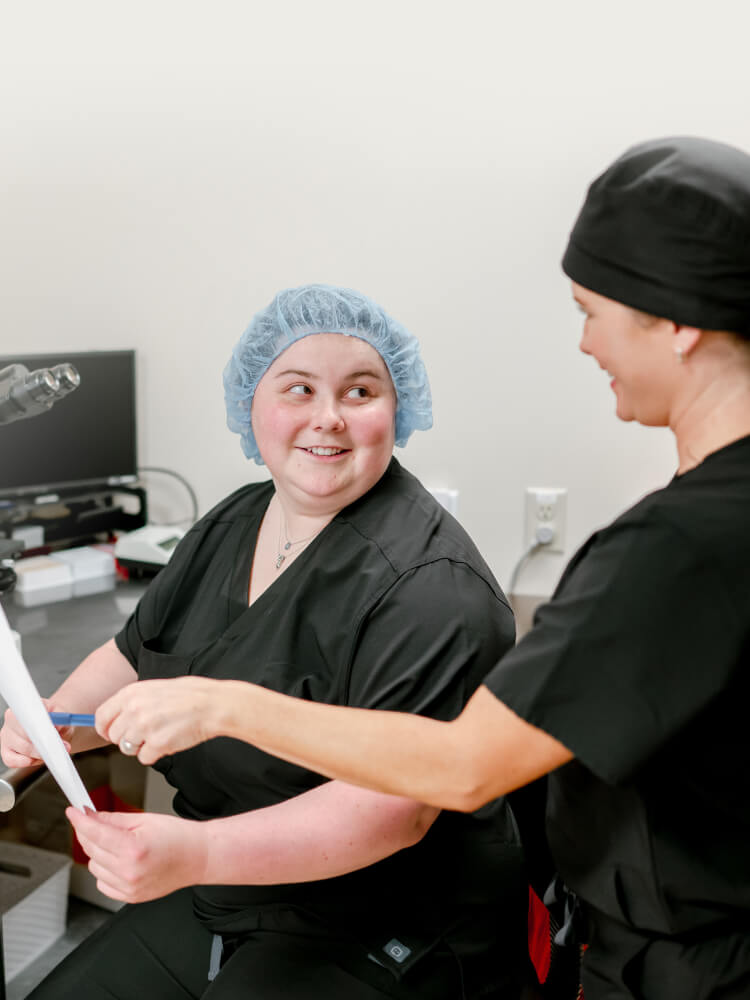Who Can Benefit from Preimplantation Genetic Testing?
PGT is a cutting-edge form of assisted reproductive technology that can provide peace of mind in many different scenarios. This includes patients who:
- Have a history of recurrent pregnancy loss (i.e., two or more miscarriages)
- Have an inheritable genetic disorder
- Have experienced multiple failed IVF cycles
- Are of advanced maternal age



